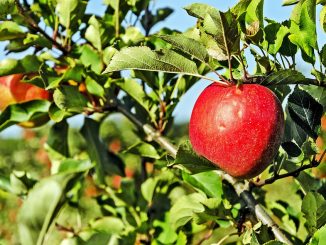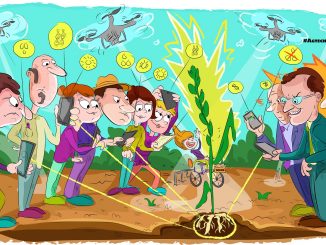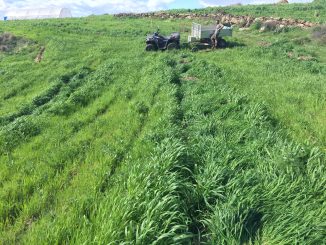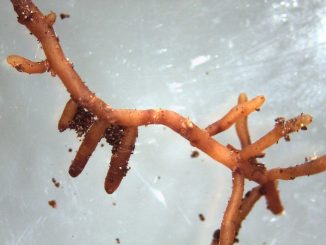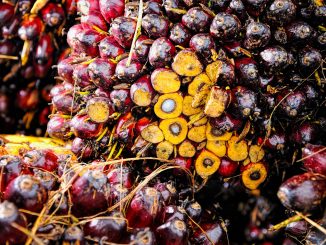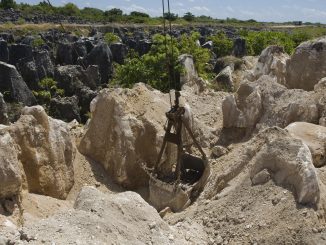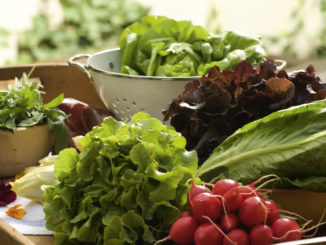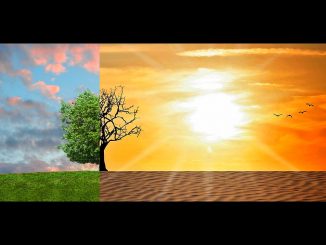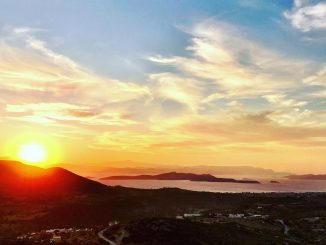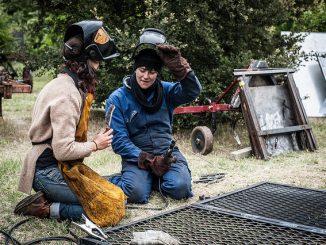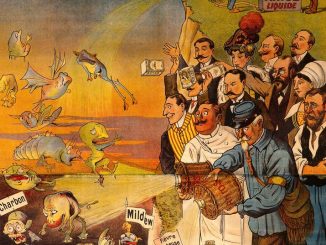
Bhutan | Spearheading a Transition to Organics?
The Kingdom of Bhutan is best known for its high national happiness levels, gorgeous Buddhist monasteries, untouched forests and nature protection areas. Lesser known is that fifteen years ago, the small country in the Himalayan Mountains pledged a shift to total organic food production. ARC2020’s Hannes Lorenzen reports on the innovative entrepreneurs spearheading this transition. […]


